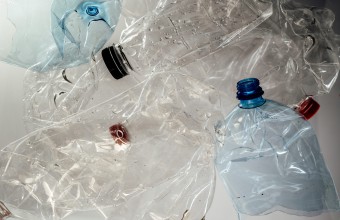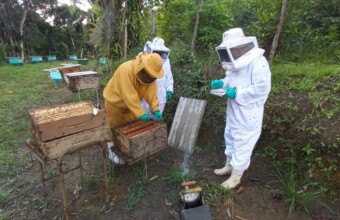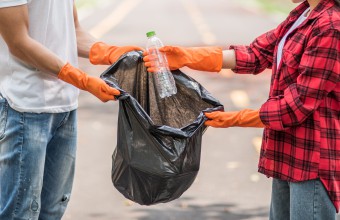Representatives of the Brazilian dairy sector attended COP26 to present proposals to eliminate greenhouse gas emissions by 2030
The Brazilian dairy production chain wants to be an example to other national and international productive sectors regarding sustainability policies. To do this, it invests in technology and practices that reduce environmental impact. Part of the results of these efforts were presented to participants of the 26th United Nations Climate Conference (COP26) via a live broadcast of a panel held in Brasilia on Thursday (11th).
One of the main novelties presented was the calculator of greenhouse gas emissions (GHG) for dairy farms, developed by the Brazilian Agricultural Research Corporation (Embrapa) in partnership with Nestlé – one of the major milk buyers of our cooperatives.
The tool allows producers to understand where their emissions are concentrated, contributing to more assertive decision-making to reduce them. It was developed based on databases that cross-reference sustainable production guidelines and protocols, and that take into account the specificities of each producing region.
Because it is the result of a Public Private Partnership (PPP), this calculator will be available free of charge to all rural producers, cooperatives, and companies in the sector.
Among the good practices of milk production capable of reducing carbon emissions into the atmosphere are: the reuse of water and soil, the use of renewable energy, the improvement of vegetation cover, the recovery and preservation of springs and water sources, and the use of recyclable and recycled materials.
WELL-DESERVED REWARD
The calculator developed by Embrapa and Nestlé is currently being used to allow remuneration to farmers who demonstrate that they are supplying low-carbon milk to the company. An initiative that can serve as inspiration for Brazilian cooperatives, which are currently responsible for at least 40% of Brazilian milk production.
The rural producer Jorge Schmidt, from the city of Silvânia in the state of Goiás, also participated in the panel discussion organized by the Brazilian government and told that he has prioritized the improvement of the vegetation cover as a strategy for regenerative and low-carbon agriculture. The Marinho farm supplies milk to Nestlé and produces about 32 liters per day.
“Besides direct planting, we have a front in relation to woods and forests. Our water sources are preserved, the springs have no access for animals, and I want this to progress, so that we can improve the volume of water on the property”, said Schmidt.
“We are concerned about being more ecologically viable and having a small contribution to the problem the world faces today. There is no point in producing without sustainability.”





